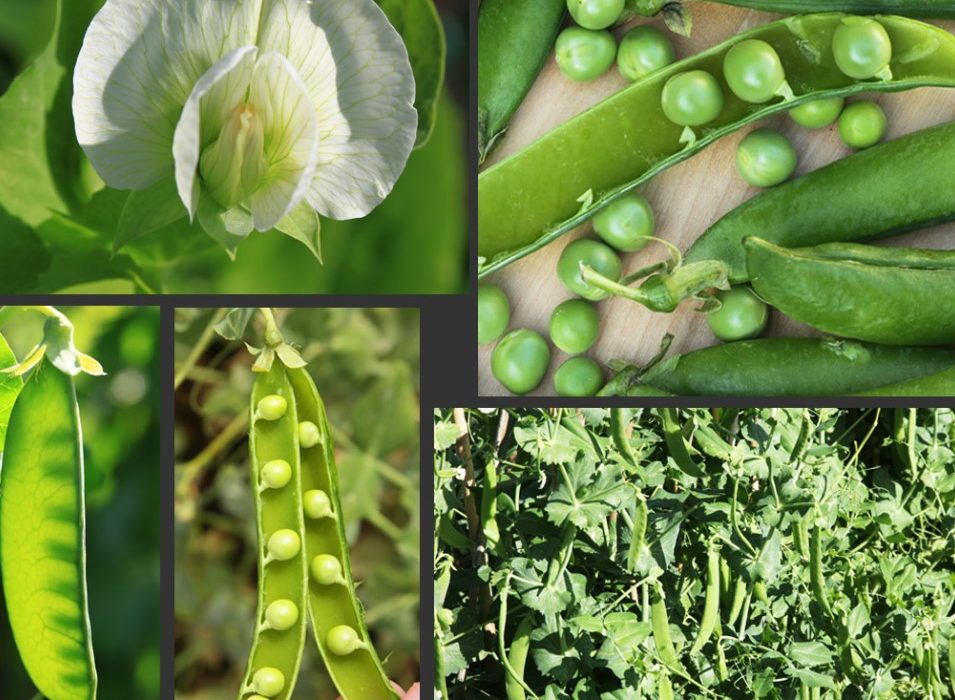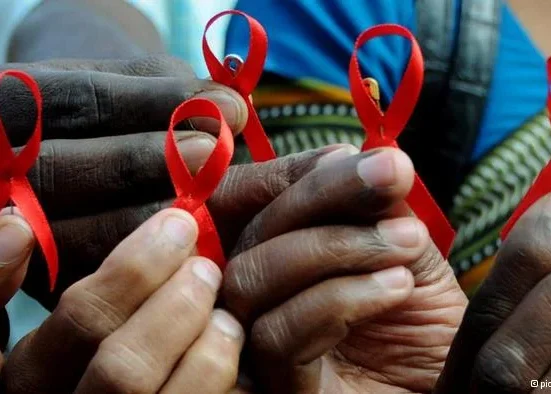
By Abdulfatah Babatunde
Lagos, March 28, ’25 (TNZ): A development expert, Dr Taofeek Adegboyega, has advocated for humans and animals to consume legume-rich meals daily to mitigate underutilisation of legume plants.
TheNewsZenith reports that this is a bid to support the attainment of the Sustainable Development Goals (SDGs).
SDGs focus on ending poverty, protecting the planet and ensuring that by 2030, all people enjoy peace and prosperity.

Adegboyega is the President of the Society for Underutilised Legumes (SUL), Genetic Resources Center, International Institute of Tropical Agriculture (IITA).
He made the call at the 24th Webinar Session organised by the AfriScience Network.
The title of his presentation is “SDGs on Health, Nutrition & Poverty: Hidden Treasures in Neglected Tropical Legumes”.
He spoke on the intake of legumes daily, emphasising food as medicines, anti-carcinogenic and antimicrobial credentials unravelled.
SUL President listed Cowpeas, Pigeon peas, African yam bean, Chickpea, Grass pea, Phaseolus, Winged bean and Bambara groundnuts as some of the underrated legumes.
He noted that these legumes are rich in nutritional value for human and animal diets and protect the environment.
Adegboyega, however, lamented that these legumes, which are valuable sources of food and income, particularly in the attainment of the SDGs, are underutilised.
“These legumes are capable of mitigating climate; they fertilise agricultural soils and are rich in nutraceuticals.
“They are also tolerant to abiotic and biotic stresses. The legumes are highly adaptable to poor soils.
“Legumes can break the cycle of pests and diseases, reduce greenhouse emissions and serve as a store of nutrients, minerals and vitamins,” TheNewsZenith quotes Adegboyega as saying.
Read Related News:
- ECA-FAO partnership: Africa optimistic for sustainable agriculture
- Adhere to NiMet predictions, agronomist urges farmers
- Stakeholders applaud steady cancer survivorship in Nigeria
- FG secures $134m AfDB loan to boost grains production
- Foundation mobilise experts to revolutionaries cancer care
According to him, research has confirmed that these plant species have numerous health benefits.
Such health benefits include anti-carcinogenic, anti-oxidants, neuro-protective, anti-inflammatory, antieoplastic, antiapoptic and antiviral.
Adegboyega listed strategies to mitigate the underutilisation of legumes.
These strategies include research to develop pest and disease-resistant varieties with high yield potential and establish farmer seed production and distribution systems for proper dissemination and optimisation of production technologies.
Another strategy is to enhance extension services.
This is done by training farmers and extension workers in production technology and motivating extension services for technology dissemination by providing them sufficient training, funds and mobility.
Establishing a Farmer Community to increase awareness on the new improved varieties and production technologies and implementation of latest research recommendations is another strategy.
TheNewsZenith reports that SUL is an organisation focused on raising awareness, promoting research and encouraging the greater use of underutilised legume crops, particularly in Sub-Saharan Africa.
It highlights the often-overlooked nutritional value of traditional leguminous plants.
SUL’s mission is to improve the understanding and utilisation of underutilised legumes, aiming to enhance food security and nutrition.
Dr Aminu Shittu, the Convener of the AfriScience Network that organised the webinar.
He urged participants to collaborate in a bid to expand the frontiers of knowledge, utilisation and promotion of the legumes. (TNZ)

Do you have a flair for Citizenship Journalism? Share stories of happenings in your area with TheNewsZenith on WhatsApp: +2348033668669. For more scintillating news, visit our website: www.thenewszenith.com. Also follow us on YouTube: www.youtube.com/@thenewszenithOnline, Facebook: www.facebook.com/@thenewszenithonline & Tiktok: www.tiktok.com/@thenewszenithonline







